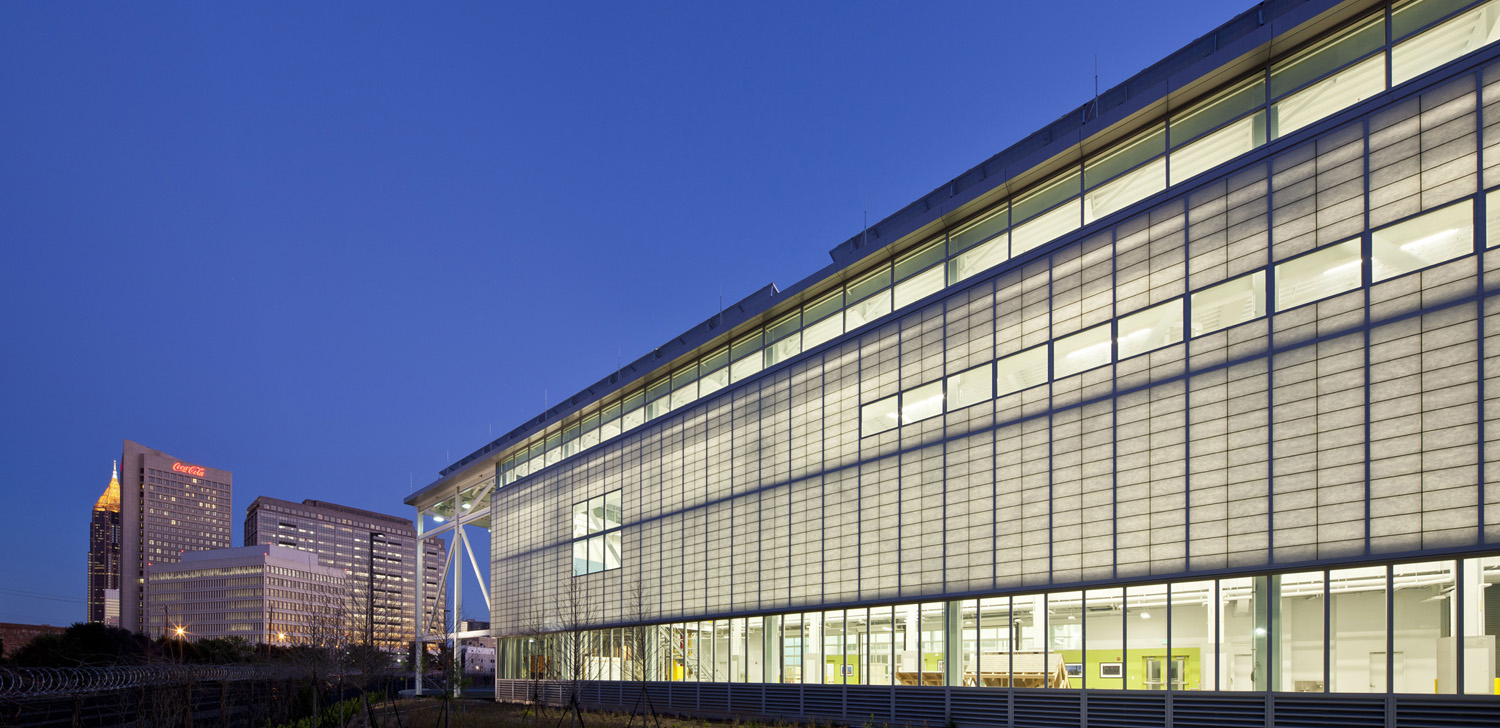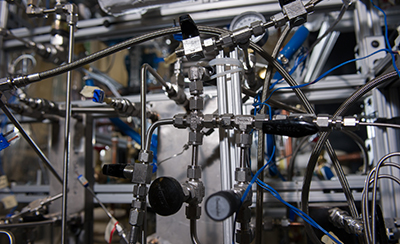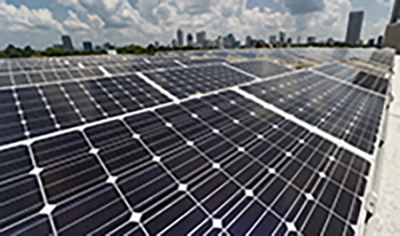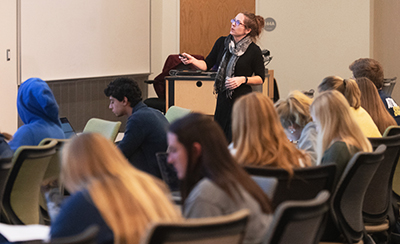SEI Executive Director Search
The Georgia Institute of Technology is excited to announce the internal search for the Executive Director of the Strategic Energy Institute. Qualified candidates within the Georgia Tech community are invited to apply for this pivotal leadership role and help shape the future of energy at our institution.
Third Cohort of the Energy Faculty Fellow Program Attracts Multidisciplinary Researchers
The Strategic Energy Institute (SEI) at Georgia Tech concluded its third cohort of Energy Faculty Fellows in August, welcoming a diverse group of researchers for a 10-week summer fellowship. The program is designed to advance energy innovation and collaboration by supporting cross-institutional partnerships and facilitating dialogue on regional, national, and global energy priorities.
The program intends to build research partnerships between Georgia Tech and other academic institutions — specifically, emerging research institutions including R2 universities, minority-serving institutions, historically Black colleges and universities, and primarily undergraduate institutions.
Featured Publication
Georgia Tech Hydrogen Activities
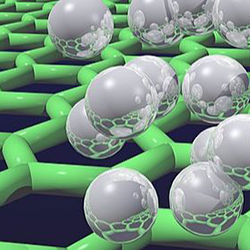 The Georgia Institute of Technology has a broad range of testbeds, industry partnerships, and federal programs across the hydrogen value chain, including hydrogen production, storage/transport, and utilization. Georgia Tech is also focused on developing diverse STEM talent for such industries.
The Georgia Institute of Technology has a broad range of testbeds, industry partnerships, and federal programs across the hydrogen value chain, including hydrogen production, storage/transport, and utilization. Georgia Tech is also focused on developing diverse STEM talent for such industries.
Featured Center
Direct Air Capture Center (DirACC)
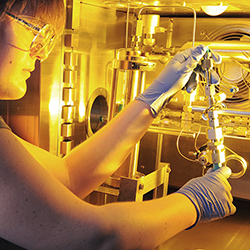
The Direct Air Capture Center (DirACC) is the culmination of more than a decade of research at Georgia Tech to develop materials and processes that extract carbon dioxide (CO2) directly from the atmosphere. Climate models suggest that negative emissions technologies (NETs) will need to be developed and deployed in order to stabilize the climate. With several recent awards, Georgia Tech researchers have launched the Direct Air Capture Center (DirACC). DirACC will create a forum for collaborative research on NETs and DAC, bringing together researchers from across the Institute working in energy, sustainability, policy, and related fields.
Visit the DirACC Site
Signature Initiatives
(text and background only visible when logged in)


